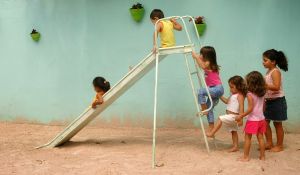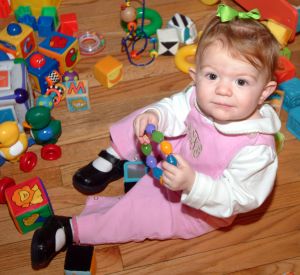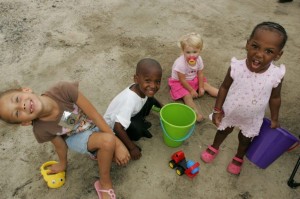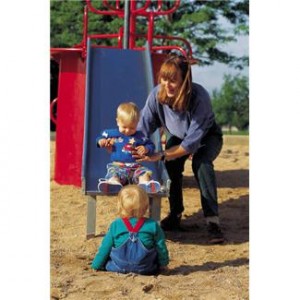Parents and caregivers often ask what young children need to know before kindergarten; this is the fifth in a series of blog posts on kindergarten readiness and early learning basics. No matter the age of your little one, this will give you a general picture of what to do as your child’s very first teacher.
While most parents and caregivers would say that academic skills are most important for kindergarten readiness and early learning, new research is showing that social skills need to be included. The most sensitive time for the brain to learn social skills is between the age of new to 6 years old.
One of the first social skills that children learn is sharing. Helping children learn to share takes time and support.  At preschool and kindergarten, children will need to share many times so it is important that they know how to share and also, how to ask others to share with them. (This article by Susanne Ayers Denham has some great tips on sharing.)
At preschool and kindergarten, children will need to share many times so it is important that they know how to share and also, how to ask others to share with them. (This article by Susanne Ayers Denham has some great tips on sharing.)
On playdates, at playschool, daycare, and preschool, children also need to know about taking turns. This is even important for adults; just think of the last time you had to line up and take a turn. Taking turns with others involves give and take and forms the basis of relationships. Another important skill is waiting.
Waiting requires impulse control and places demands on self-regulation. We don’t realize that being able to wait is a skill. Instead, we think of it as personality, but being patient depends on the tools we have to be able to wait. Some of these waiting-tools might be singing, playing games, reading a book or telling stories.
All of these social skills, and others, become easier with practice. They are important beyond the school years and the best time to learn them is during the early years. Do you have some suggestions that have worked to help your child learn basic social skills?



